In the European landscape of marine and ocean data management, significant progress has been made during the last two decades with developing standards, services, and establishing dedicated infrastructures.
In line with EMODnet’s underlying philosophy to “collect once, use many times”, these EU-funded infrastructures operate on the principals of free, open access, interoperable data to benefit all marine data users, from scientists and policy makers, to private industry, NGOs and the public.
Through the Copernicus programme and the European Maritime and Fisheries Fund (EMFF), the European Union (EU) has developed an internationally-recognised service for marine-data handling and sharing, building on main infrastructures such as the Copernicus Marine Service and EMODnet. With the launch of the European Digital Twin of the Ocean in 2022, and Horizon Europe project EDITO-infra is upgrading the marine data game by creating one of the most innovative data lakes in the marine data sector, integrating key service components of Copernicus Marine and EMODnet. In addition, EU Research and Innovation programmes (H2020, FP7) have funded a number of important marine data initiatives such as SeaDataNet, SeaDataCloud and most recently Blue-Cloud as a framework for building on existing capability and further connecting data services, research infrastructures and e-infrastructures.
EU4OceanObs, through its component on G7 Future of the Seas and Oceans Initiative (FSOI) at a high-level, will support increasing the flow of global ocean data for more and better coverage. The GEO Blue Planet component, on the other hand, will focus on the interface between data products and services, and stakeholders to demonstrate use and tailor-services to different users, and also understand gaps in ocean data. This in turn will help the European Commission understand the needs for future ocean data, which will be used to inform the G7 FSOI Coordination Centre strategy, targeting policy decision-makers and funders of ocean observations.
The table below presents the main European and international data management infrastructures and networks supported by the EU, providing access to ocean data and products:


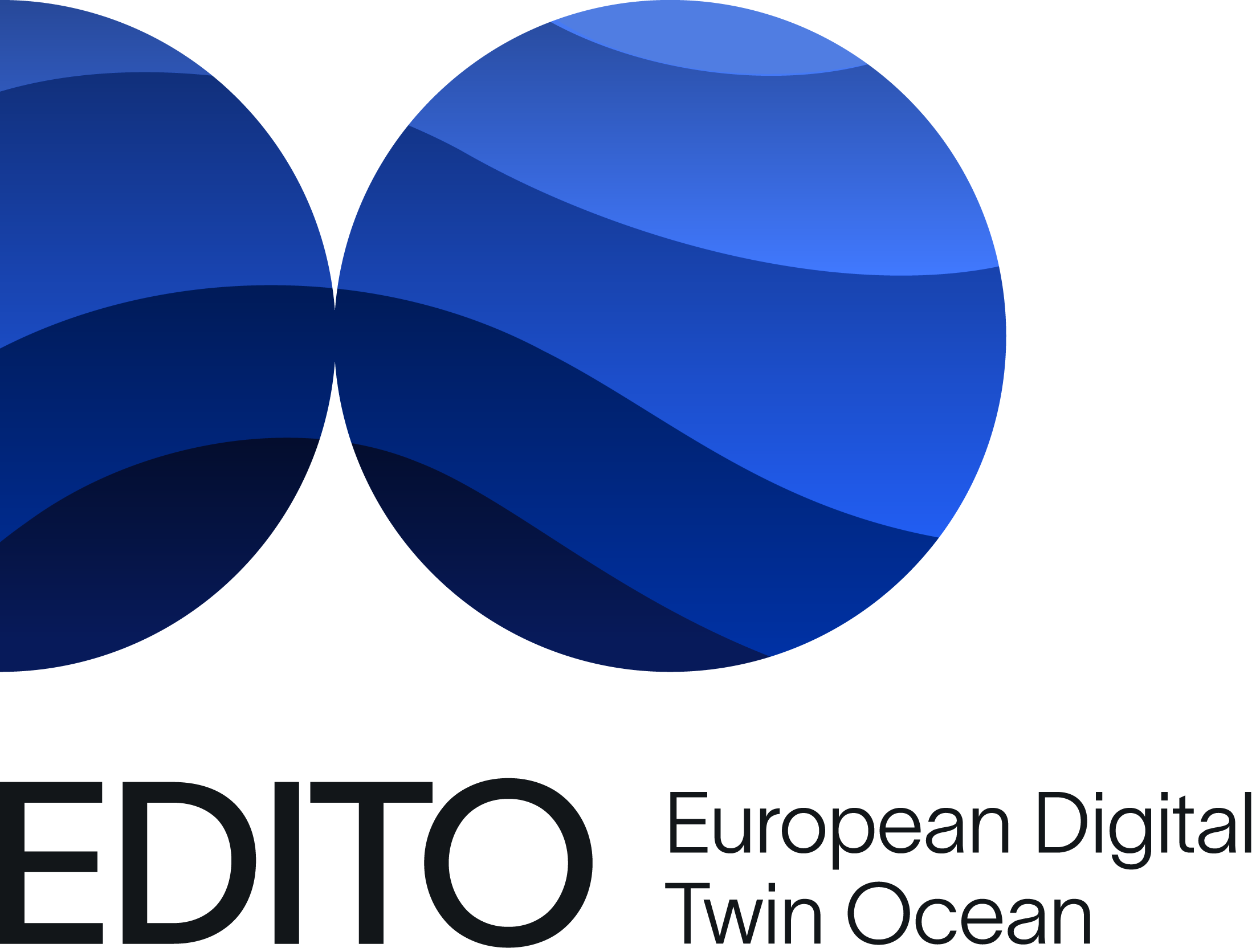
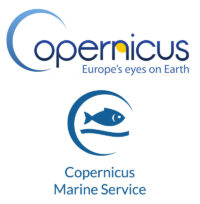 marine.copernicus.eu/access-data
marine.copernicus.eu/access-data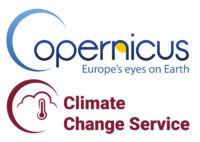


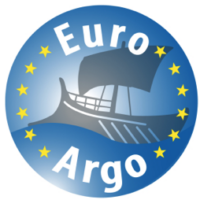
 www.eurobis.org
www.eurobis.org EurOBIS is one of the regional nodes of
EurOBIS is one of the regional nodes of  www.icos-cp.eu/data-services
www.icos-cp.eu/data-services www.seadatanet.org
www.seadatanet.org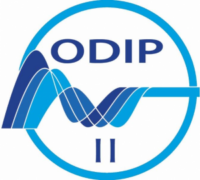 www.odip.eu
www.odip.eu

